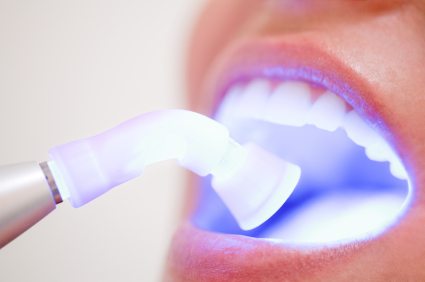TAKE THE SAVE-ON CHALLENGE
to find out how affordable your dental care can be. Bring in
another provider's dental estimate, and we'll help you
compare – after we give you a free X-ray & comprehensive oral exam. We're committed to delivering great value and complete care, and we invite you to see for yourself how to Save-On your dental care.
Bonding
A favored procedure for minor dental corrections, bonding - also known as composite bonding - is a quick and affordable way to correct a variety of dental flaws such as:
- also known as composite bonding - is a quick and affordable way to correct a variety of dental flaws such as:
- Cracks
- Discoloration
- Gaps
- Low Bite Pressure (caused by short or uneven teeth)
- Tooth Decay
If you have any of these dental issues, you may be a good candidate for bonding.
How Does Bonding Work?
After inspecting the tooth in question, your dentist will select a color for the composite resin (the material used in bonding) that most closely matches your tooth. He or she will then roughen the outer layer of your tooth, removing a minimal amount of tooth enamel, and apply a strong adhesive that will help the resin stick. Your dentist will then shape the resin to fill in any cracks or gaps or change the contours of your tooth. Afterwards, a dental laser is used to "bond" the material to your tooth. A local anesthetic is generally only required when tooth decay or nerve damage is involved.
How Long Does Bonding Take?
Dental bonding can be performed in a single visit, unless you're having several teeth bonded. The procedure usually takes between an hour and two. If you're having your teeth lengthened, it might take a few days for you to get accustomed to them.
How Long Does Bonding Last?
The composite resin used in bonding can last up to 10 years before it needs to be repaired or replaced.
Is Bonding Covered By My Dental Insurance?
Most insurers will cover some or most of the cost of bonding, especially when its purpose is reconstructive rather than cosmetic.